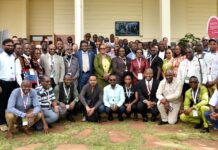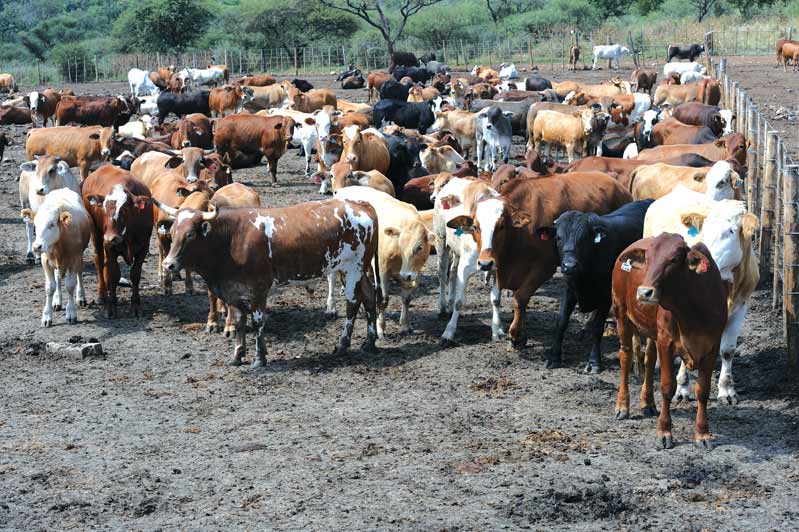
In a move aimed at transforming Nigeria’s livestock sector, the International Institute of Tropical Agriculture (IITA)–CGIAR has formalised a strategic partnership with the Federal Ministry of Livestock Development (FMLD).
The agreement is expected to accelerate livestock innovation, reinforce productivity, and strengthen resilience across Nigeria’s animal agriculture value chains.
The alliance was announced on October 16, 2025, following a high-level meeting in Abuja between IITA Director General (and CGIAR Regional Director for Continental Africa), Dr. Simeon Ehui, and the Ministry’s Permanent Secretary, Dr. Chinyere Ijeoma Akujobi, alongside key departmental directors.
Key Focus Areas of the Partnership
At the heart of this partnership are several priority areas where IITA and FMLD will join forces:
- Feed and fodder production: Recognising that feed constitutes a major constraint to livestock productivity, the partnership seeks to boost availability and quality of livestock feed via improved fodder species, feed formulation, and integrated crop–livestock systems.
- Youth engagement and women’s empowerment: The agreement emphasises inclusion of youth and women in livestock value chains—ensuring they have access to training, resources, and opportunities to become agripreneurs.
- One Health integration: With the increasing risk of zoonotic disease transmission, the partners intend to embed the One Health approach—acknowledging the interconnections among animal, human, and environmental health—into livestock planning, surveillance, and disease control strategies.
- Scaling of innovations & capacity building: IITA will deploy its research-based technologies, and together with the Ministry, scale them through training programmes, field demonstration, and institutional capacity strengthening.
Dr. Ehui underscored the urgency and potential of this collaboration: “IITA and other CGIAR centres like ILRI have developed a range of innovations that can help address challenges in feed systems, climate resilience, and animal health. What is critical now is scaling these technologies through partnerships that deliver real impact.”
Strategic Significance and Expected Outcomes
For Nigeria, livestock contributes significantly to livelihoods, nutrition, and food security. However, the sector has long been hampered by low productivity, feed scarcity, disease burdens, climate stress, and limited institutional linkages. This new partnership aims to close that gap.
By leveraging CGIAR’s global research expertise and IITA’s regional presence, the Ministry of Livestock Development hopes to fast-track transformation of the sector in alignment with national agricultural development goals.
Expected outcomes include:
- Increased availability and affordability of quality feed, boosting animal productivity
- More youth and women-led livestock enterprises
- Strengthened disease surveillance and reduced zoonotic risks
- Institutional capacities improved for research-to-delivery pathways
Officials from both sides noted that successful deployment of this partnership could serve as a model for other countries in Africa seeking to revamp livestock systems through public-research collaboration.
Challenges and Considerations
While the ambitions are high, success will depend on translating plans into action in Nigeria’s complex livestock landscape. Some challenges to watch:
- Ensuring that innovations are tailored to local conditions (ecology, cultural practices, market demand)
- Sustained funding and resource allocation from government and donors
- Close coordination across ministries (e.g. agriculture, health, environment)
- Monitoring, evaluation, and adaptive learning to refine interventions
Next Steps
Following the signing of the partnership, both institutions will embark on detailed work planning, priority setting, and joint pilot projects. Field demonstrations, capacity development modules, and research scaling will begin in target states across Nigeria.
As the world confronts mounting pressures on food systems—from climate change to disease threats—this partnership stands out as a timely push to modernise Nigeria’s livestock sector on a sustainable, inclusive footing.







